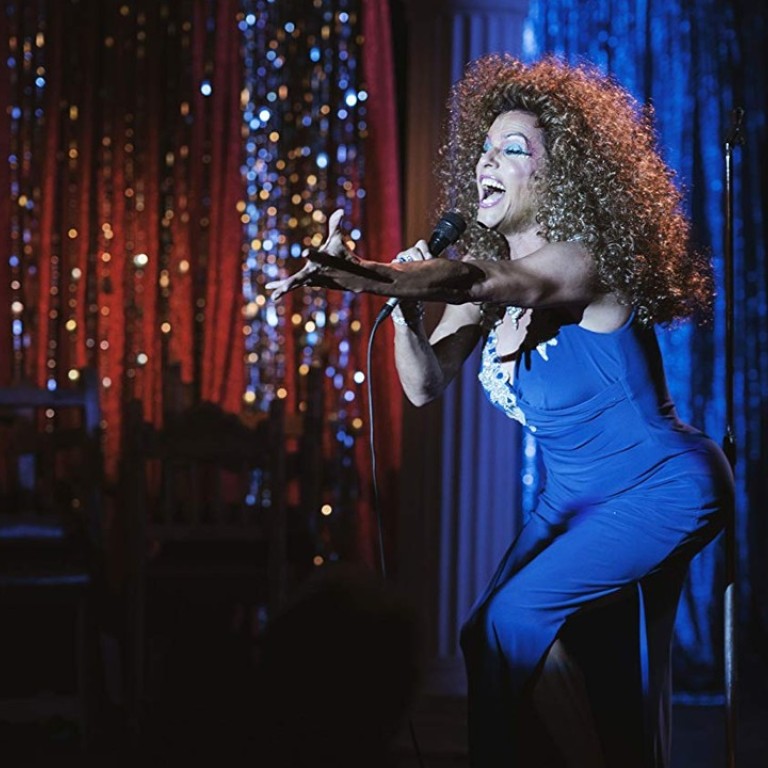
In ancient China, ‘abnormal’ transgender people were blamed for tragic events
Throughout Chinese history, transgender individuals were considered ‘human abnormalities’ whose presence was believed to foreshadow disastrous occurrences
American television shows such as Pose and Transparent, which chronicle the lives of transgender people from different socio-economic and ethnic backgrounds, inform and educate viewers about the challenges faced by people of those communities. They also show that these are people who love, dream and laugh like everybody else.
I do not pretend to know the full spectrum of transgender identities, nor to understand the discrimination and even physical harm those in the transgender community too often encounter, but I see transgender individuals as human. In Hong Kong, thankfully, the mainstream Chinese-language media in Hong Kong no longer refers to transgender people by the deeply offensive slur, yan-yiu (renyao in Mandarin).
Recognise status of transgender people without surgery, EOC urges
Yan and ren mean “human”, and yiu and yao is now understood as referring to a “goblin” or “bewitching but evil supernatural entity”. The original meaning of yao, however, was “abnormal” or “weird”. In ancient China, strange occurrences in nature were believed to be portents of upheavals or disasters in human society, a belief best encapsulated by the popular saying: “When the demise of a nation is at hand, there will be aberrant evils”.
The appearances of renyao, which can be translated as “human abnormalities”, were supposed to foreshadow calamitous events.
During the great divide of the Northern and Southern dynasties period (AD420-589), a woman called Lou Cheng from the state of Southern Qi presented herself as a man and socialised with literati-officials, with the purpose of bettering her standing. Well-educated and adept at the gentlemanly pursuit of chess, she eventually obtained a post in the government.
However, her ruse was discovered and she was ordered by Emperor Ming of the Southern Qi (who reigned between AD494 and 498) to return to her hometown and stop cross-dressing. She was pronounced a renyao – a “human abnormality” – whose feminine yin traits had turned into masculine yang features. This aberration supposedly augured a subsequent rebellion, with its eventual failure attributed to Lou’s return to her original self.
Public consultation on transgender recognition kicks off in city
Unlike the erudite and refined Lou, the woman known as the “white-capped crow” was a bandit chief who led several thousand men during the Northern Song dynasty (AD906-1127). Short and stout, with brown hair and dark skin, she wore men’s clothes and affected manly behaviour, but did not disguise the fact that she was born a woman. When asked if she had ever been married, she claimed to have had dozens of husbands, all of whom she had killed when they displeased her.
She, too, was declared a “human abnormality”, and the discombobulation of the yin and yang as exhibited by her very existence was blamed, at least in part, for the invasion of China by the nomadic Khitan people.
In this century, we are supposed to have left this medieval ignorance behind us, yet many people still harbour an irrational aversion towards transgender individuals. While fear of the unfamiliar is a human response, hopefully greater representation of the transgender community in the media will lead to better understanding.

